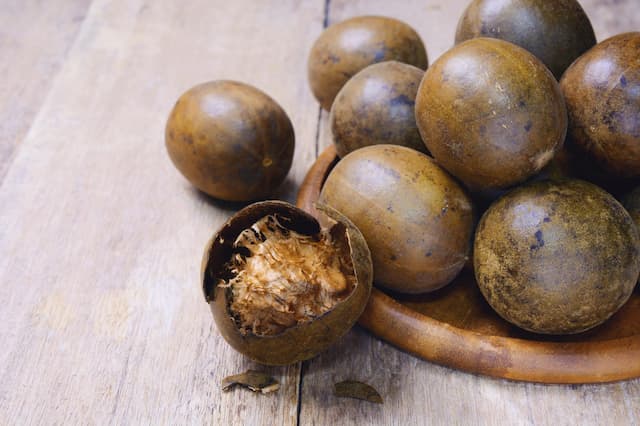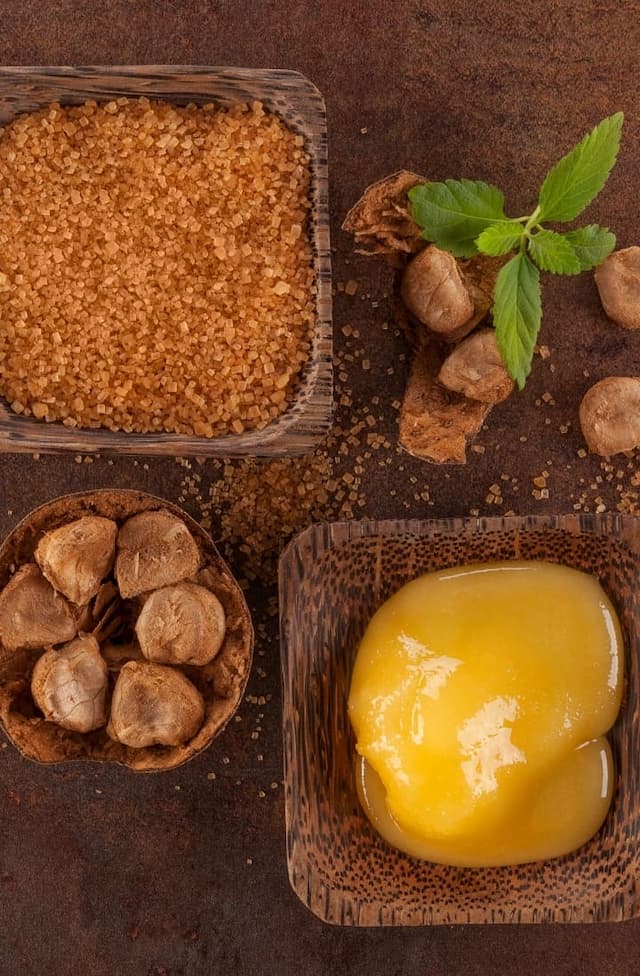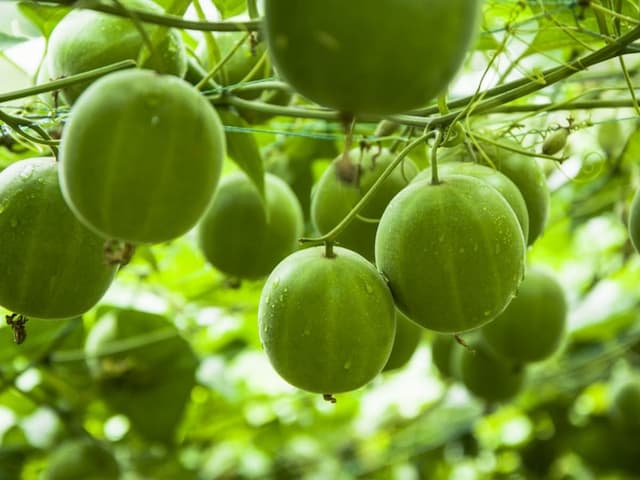Technology and communication have made health information easily accessible and understandable in today’s world. Everyone can learn how our bodies function and the risks of certain diseases and conditions. This has led to people searching for new ways to improve their health and how these can be implemented in our day-to-day life.

Among all health topics, sugar intake is inevitably the most discussed one. While we all need a little sugar in our lives, too much of it can cause some serious health issues. As we all know, excessive sugar intake leads to obesity, heart disease and tooth decay. Obesity is a major factor contributing to diabetes, some cancers and stroke. That’s why we need to find ways to introduce sweetness in other healthier ways. That’s when we turn to healthy sugar alternatives.
Sugar alternatives aren’t a new concept. For example, people have been using honey and dates for sweetness for a long time now. Artificial sweeteners like xylitol and erythritol are also highly used. And lately, we hear more and more about monk fruit being the healthiest sugar alternative out there.
What Is Monk Fruit?
Monk fruit is a small green melon-like fruit that has been grown in South East Asia for hundreds of years. It is also known as swingle fruit (Siraitia grosvenorii) or Lo Han Guo. Monk fruit comes from the same food family as gourds, such as pumpkins and melons. It gets its name from Buddhist monks who were the first to grow it. People in eastern countries have been using it for ages to treat intestinal problems and the common cold. And now, more and more people are starting to use monk fruit as the healthiest sugar alternative.
How Is The Monk Fruit Sweetener Made?

The process of making monk fruit includes four main steps:
- The fruit needs to be crushed to release its juices
- Crushed food is mixed with hot water
- The mix is filtered to make a fruit infusion
- The infusion is dried to create a powder known as monk fruit sugar
What Makes Monk Fruit The Best Sugar Alternative?

The monk fruit sweetener is available in liquid and powder form. You can use the one you prefer, knowing there’s no difference between them.
Many people love this sugar substitute. It’s easy to see why when you look at all the facts. What are the advantages of monk fruit compared to other sweeteners?
Much Sweetness for Zero Calories
The monk fruit extract is 150-200 times sweeter than sugar, so you need only a little to satisfy your sweet tooth. It contains zero calories, carbohydrates, sodium, and fat.
Everyone Can Use It
The best thing about it is that it’s proved to have no side effects and therefore can be used even by pregnant, breastfeeding women and children.
No Bitter Aftertaste
Taste is a relative thing but most people find the monk fruit sweetener to have no bitter aftertaste like some other sweeteners do.
Temperature Stable
It’s also temperature stable, so you can use it for baking in the same way you use sugar, just in smaller amounts.
Amazing Health Benefits
Promotes Weight Loss
Does monk fruit cause weight gain? On the contrary, it promotes weight loss. Monk fruit contains zero calories. Therefore, it makes its way to a variety of diets. It also doesn’t cause cavities because there isn’t actual sugar in it. Studies have shown that certain components in monk fruit inhibited pre-fat cells from turning into mature adipocyte fat cells. This helps our bodies to minimise adding general fat mass.
Safe for People with Diabetes
The monk fruit itself doesn’t affect blood sugar levels. This makes it a safe choice for people with diabetes. However, some of the monk fruit sweeteners may contain other sugars or ingredients that can affect insulin sensitivity. It’s very important to check the labels before buying.
Useful tip: look for a monk fruit powder containing monk fruit extract and erythritol instead of sucrose or dextrose. That way, you can ensure you’re consuming the safest and healthiest version of this sweetener.
Anti-Inflammatory Properties
Inflammation is our body’s natural way of healing. Chronic inflammation, however, is the main cause of many health problems: heart disease, cancer, arthritis, diabetes, and digestive disorders.
Monk fruit contains natural substances called mogrosides. These compounds have an antioxidant effect, protecting cells from damage caused by free radicals. Since this damage is the main cause of inflammation, mogrosides have been proved anti-inflammatory. This boosts our immune system and also helps with fighting cancers and infections.
Improves Hormonal Balance and Sleep
As people turned to artificial sweeteners, they forgot their downside: the many side effects when used in larger amounts. The excessive use of these sweeteners has been proven to cause hormonal imbalance and insomnia and increase the risk of depression by 58%. Monk fruit sugar is a natural sweetener, which means by using it, you can avoid the side effects that come with the use of other sweeteners. You can have peace of mind and manage your hormones and sleep in a better way.
Provides Relief from Allergies
Most of the time, allergies happen due to foreign stimuli that initiate the histamine response. Studies have shown that monk fruit has the potential of lowering the histamine response to allergies, just like the mast cells. The daily use of monk fruit can relieve allergy symptoms like swelling and nasal congestion.
The Bottom Line
You can use monk fruit instead of sugar in many ways. You can sweeten your coffee, tea, and dairy products, add it to your oatmeal, or use it for baking and making desserts. Life’s too short to cut on a dessert, and you can even prolong it by eating your sweet delight the healthier way. You can enjoy your life to the fullest and still care for your health.






















